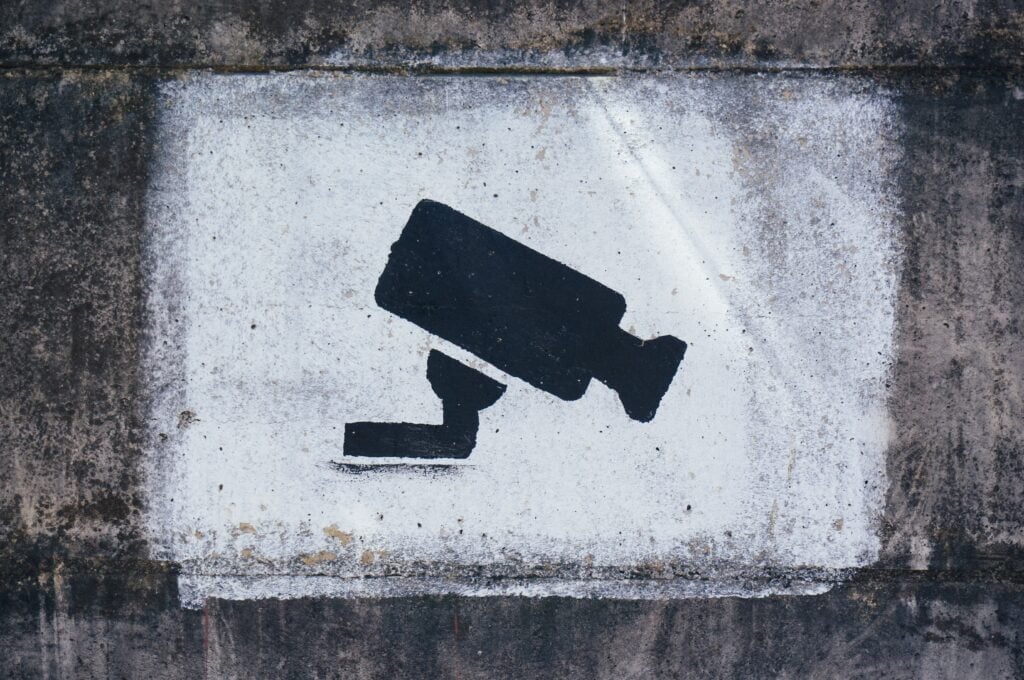The Surveillance Legislation Amendment (Identify and Disrupt) Bill 2020 is an attack on our freedom, privacy and, ultimately, democracy.
The bill should be repealed and an inquiry conducted into police powers. Politicians and government legislation should serve the people and not oppress us.
That’s why we are starting a Repeal the Bill Campaign and you’re welcome to join us.
The Surveillance Legislation Amendment (Identify and Disrupt) Bill 2020 creates three new types of warrants:
- Data disruption warrants enable the AFP and the ACIC to disrupt data by modifying, adding, copying or deleting in order to frustrate the commission of serious offences online
- Network activity warrants allow agencies to collect intelligence on serious criminal activity being conducted by criminal networks; and
- Account takeover warrants let the AFP and the ACIC take control of a person’s online account and can be combined with other warrants to gather evidence to further a criminal investigation
Make no mistake, Orwell would be proud. This authoritarian legislation enables police to obtain, modify and delete your data without you knowing. The implications of this are:
- Intrusive, the state can send messages on your behalf, or download your emails, Facebook DM’s/Posts, cloud storage – and they don’t need to provide a good reason why.
- Dangerous, no effective safeguards will enable police to modify data without judicial oversight. So, what’s to stop incriminating evidence getting planted or exonerating evidence deleted from a journalist or political opponent’s device? There are no regulations or safeguards controlling the storage of data which may be used in a case, unlike other forms of evidence.
- Undemocratic, a warrant can be signed by Authorised Members of the Administrative Appeals Tribunal. The High Court ruled that the AAT is not a court, but an organ of the executive under the control of the Attorney General – a government minister and politician. Politicians and their staff should not be able to interfere in determining the legitimacy of a warrant, that should be left to our courts.
This will put journalists, political opponents, and even you at risk if our ministers or their friends at the AAT, have the power to deem what a problematic action is (the act does not limit reasons). With the recent revelations that the Premier’s office in NSW had an inappropriate relationship with the fixated persons unit (an anti-terrorism unit) that arrested an employee of a comedian who criticised the Deputy Premier, it’s not a question of when something will go wrong, but who will be the first victim.
There is no way to appeal a warrant set out in the legislation, and judicial oversight does not exist. Some ‘eligible judges’ may be involved in the process but can only handle the warrants they issue. The wording of ‘eligible judges’ suggests that parliament can assert control over our judicial system. The Government should not be able to pick “pro-government” judges. Because law enforcement will be able to choose between an ‘eligible judge’ and a member of the AAT, they’ll likely choose a member of the AAT because it’s more convenient and requires virtually nothing more than a signature on paper. If this occurs, there’s absolutely no judicial oversight over that warrant.
There are no set reasons for the revocation of a warrant unless another officer has taken up the job, or a superior officer has canceled the job. There will be no consequences for anyone involved in the writing of that warrant, no questions asked. Law enforcement officers and agencies are immune from any liability for any act done as a part of the warrant. If a warrant is handed out, then later revoked – you might never know.
As the warrant lasts for 90 days and there’s no real need to prove progress nor any ramifications for misconduct… they don’t need to prove guilt or suspicion to continue to observe you. However, emergency powers enable police to use these powers without a warrant. While they do need to file reasons later, the act makes it clear that there’s no liability nor accountability if an action is deemed necessary after the fact. What’s even more concerning is that the Commonwealth Ombudsman has shown that police have already accessed data without a warrant over 100 times (page 42), so what’s to stop them with these new powers?
The lack of judicial oversight means we might never know the number of times they’ve accessed your information – nor the scale. A notable example is the Queensland police officer who took a photo of a family violence victim’s private details and in NSW a similar incident occurred where information was given to an attacker.
You should be able to criticise the Government (us too) without worrying that the state will knock on your door and serve you a notice. Instead of looking for ways to solve the issues to matter to you, our government is acting more like the authoritarian regimes of Russia and China.
If you would like to work on or help our campaign to repeal the surveillance bill, join the party!
(Support Membership is Free, Concession/Student $10 and Ordinary $25)

